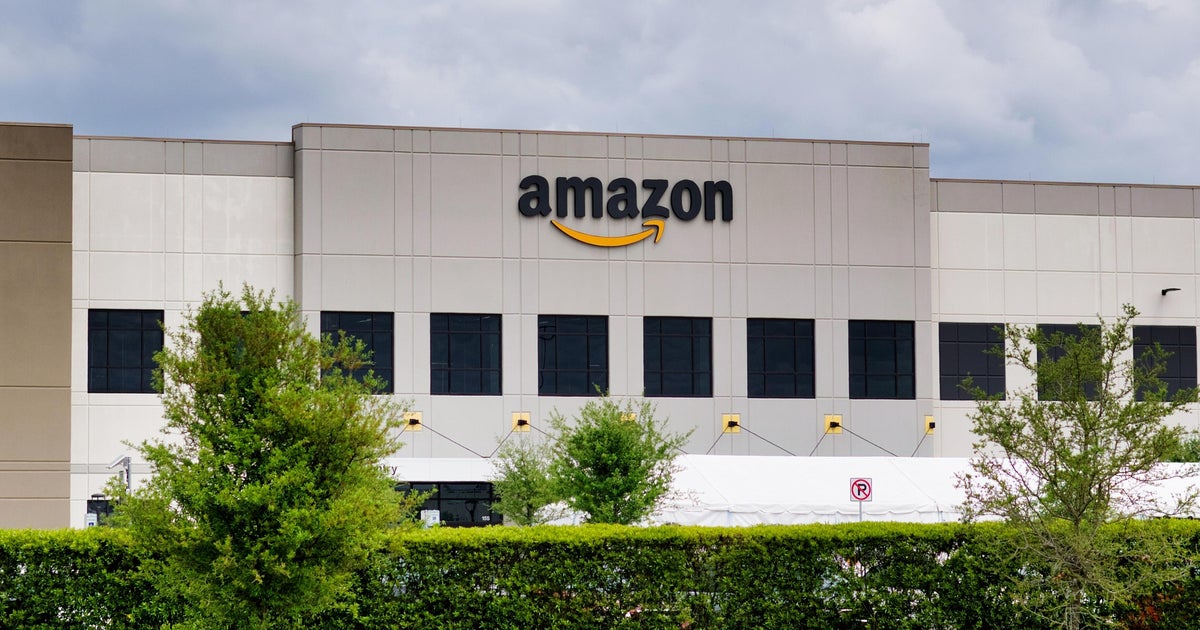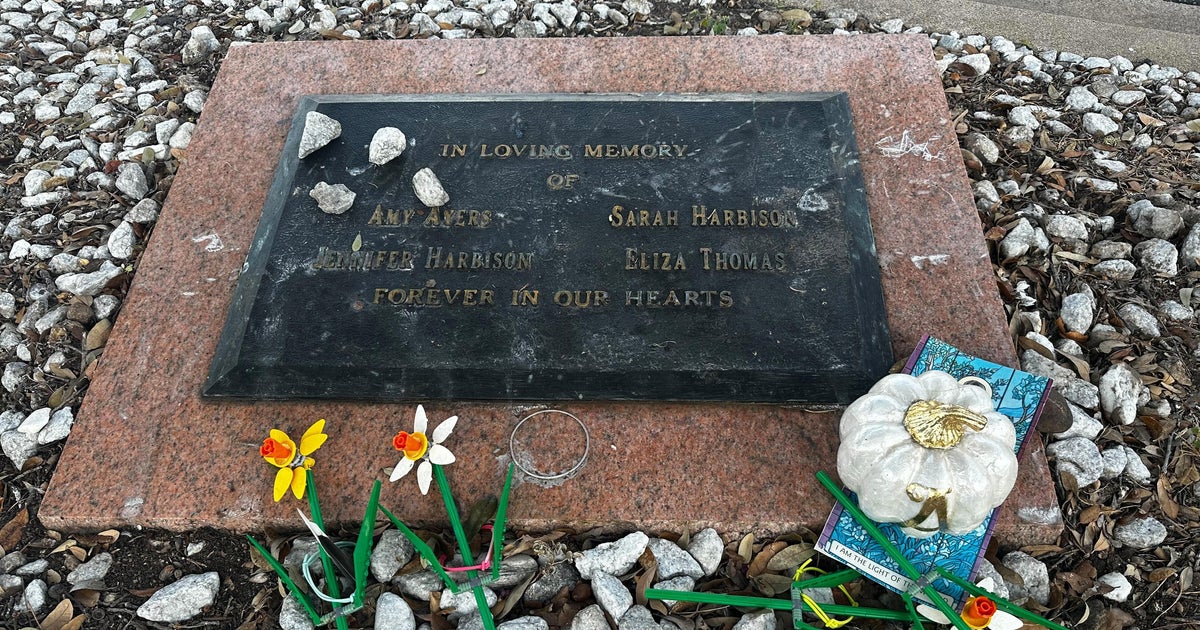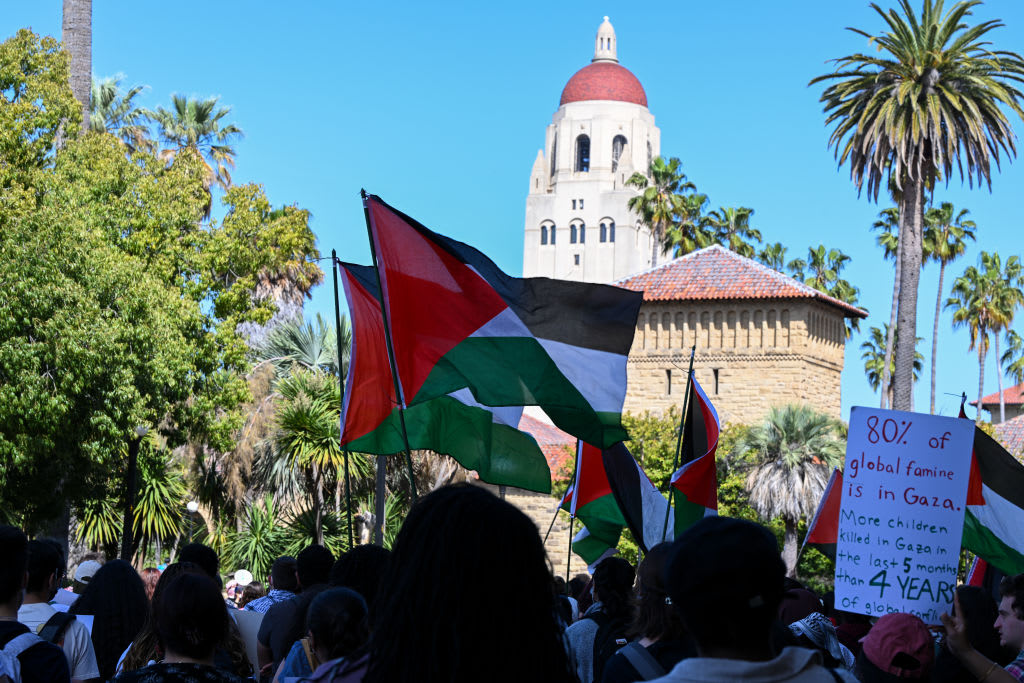States accuse generic drugmakers of fixing prices
HARTFORD, Conn. - Connecticut is leading a 20-state lawsuit against six generic drugmakers, alleging they artificially inflated and manipulated prices to reduce competition for an antibiotic and oral diabetes medication.
The lawsuit was filed Thursday in U.S. District Court in Connecticut. Portions of the complaint are redacted because there are ongoing investigations into the matter.
Connecticut Attorney General George Jepsen says his office began its probe more than two years ago and “developed compelling evidence of collusion and anticompetitive conduct” among many companies that manufacture and market generic drugs.
Jepsen refers to Eatontown, New Jersey-based Heritage Pharmaceuticals as the “principal architect” of the alleged conspiracies. The other companies named in the suit are Aurobindo Pharma USA, Citron Pharma, Mayne Pharma (USA), Mylan Pharmaceuticals and Teva Pharmaceuticals (TEVA).
“While the principal architect of the conspiracies addressed in this lawsuit was Heritage Pharmaceuticals, we have evidence of widespread participation in illegal conspiracies across the generic drug industry,” he said in a statement. “Ultimately, it was consumers -- and, indeed, our health care system as a whole -- who paid for these actions through artificially high prices for generic drugs.”
Federal authorities on Wednesday charged two former Heritage executives with fixing prices. Heritage says it terminated those executives in August and is fully cooperating with the Department of Justice.
“We are deeply disappointed by the misconduct and are committed to ensuring it does not happen again,” the company said in a statement.
The other states joining the suit are Delaware, Florida, Hawaii, Idaho, Iowa, Kansas, Kentucky, Louisiana, Maine, Maryland, Massachusetts, Minnesota, Nevada, New York, North Dakota, Ohio, Pennsylvania, Virginia and Washington.
The cost of many generic drugs, which account for nearly 90 percent of all prescriptions written in the U.S., has soared in recent years. A recent analysis by Pembroke Consulting found that nearly 10 percent of generics more than doubled in price in the past year. The spike has prompted hearings in Washington and drawn fire from consumer advocates.
Generics that have seen a large jump in price include include the antibiotic drug erythromycin, which saw the cost of a 500-milligram tablet surge from 24 cents in 2010 to $8.96 in 2015, an increase that followed three separate price spikes of at least 100 percent. The price of Clomipramine HCL, an antidepressant used to treat symptoms of obsessive-compulsive disorder, also shot up more than 2,000 percent in one year. More broadly, the U.S. Government Accountabilty Office has found that, from 2010 to 2011, 45 generic drugs rose in price 100 percent or more.



